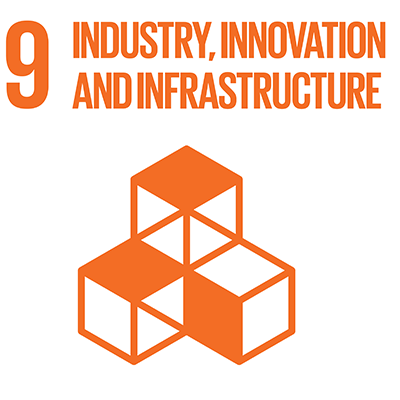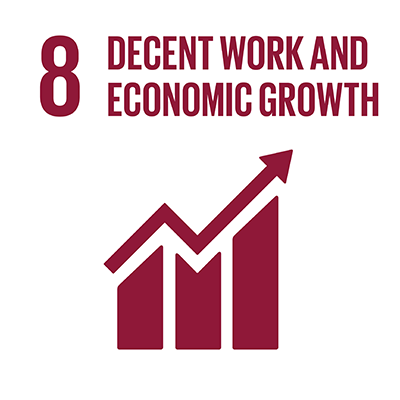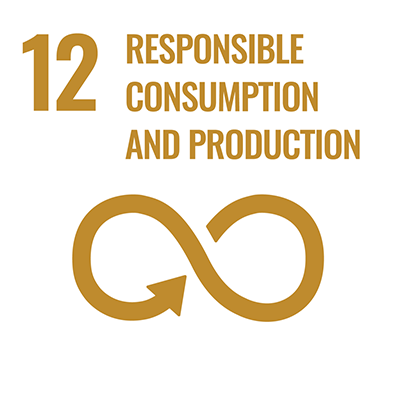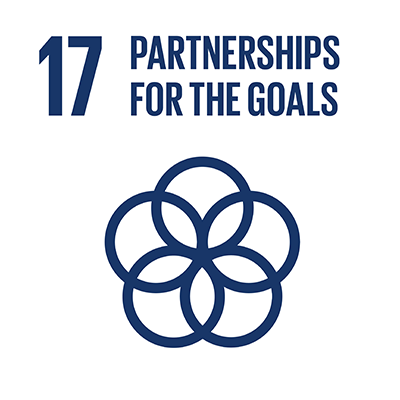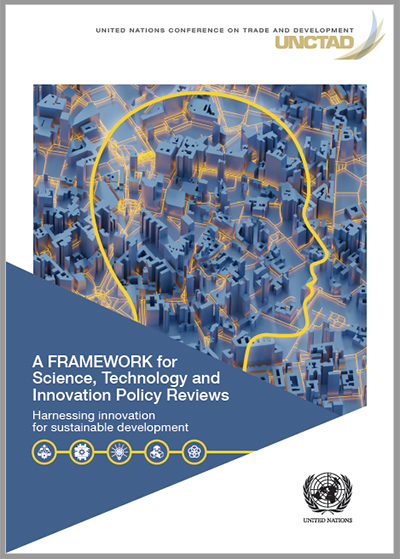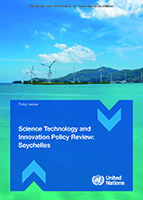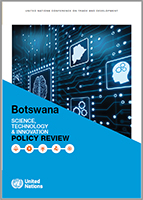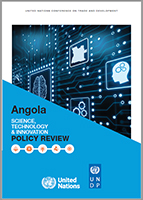We factor in science, technology and innovation for sustainable development
Building national capacities in science, technology and innovation at the firm, farm, industry and national levels is essential for local industries in developing countries to compete in today's increasingly integrated and knowledge-based world economy.
The capacity to adopt and use technologies, and to innovate, is critical to diversify economies into new areas with higher value added, raise productivity, generate well-paid jobs, reduce poverty and address environmental challenges.
It has become increasingly clear that the attainment of all the social, economic and environmental objectives of the Sustainable Development Goals will require the effective application of technology and the development of strong national innovation capacity.
Science, Technology and Innovation Policy Reviews
Science, Technology and Innovation Policy Reviews (STIP Reviews) are undertaken by UNCTAD at the request of member States. As of 2022, UNCTAD has completed STIP Reviews in 19 countries, most recently in Zambia, the Dominican Republic, Uganda, Ethiopia and Panama.
Through a STIP Review, a country's STI stakeholders can identify the key strengths and weaknesses of their innovation systems and establish strategic priorities for its development. They also gain greater clarity on how to target the Sustainable Development Goals (SDGs) to secure a more inclusive and sustainable development path, in the understanding that STI are critical means of implementation of the 2030 Agenda embodied by the SDGs.
The STIP Review is intended to serve as an analytical instrument that examines a set of proposals from an external and neutral perspective and suggests actions. It is not a rating mechanism.
The process
The science, technology and innovation policy reviews are undertaken at the request of Governments.
The reviews include an assessment of the governance of science, technology and innovation; science, technology and innovation policies, rules and regulations; infrastructure; and firm, industry and national-level innovation capabilities.
They usually include a mapping of innovation systems, along with in-depth studies of specific sectors or issues related to science, technology and innovation that are particularly important for development in the country concerned.
They include policy recommendations for fostering technology upgrading, strengthening innovation capacity and enhancing the systems or ecosystems that support innovation.
A modular capacity-building programme is available and can be delivered in conjunction with the diagnostic phase of the science, technology and innovation policy review. Capacity-building activities can also be delivered as part of follow-up implementation, or as a self-standing activity upon request.
In this way, STIP Reviews can provide the basis for capacity-building activities targeting various elements of the innovation system. In multiple beneficiary countries, STIP Reviews have helped stimulate a policy dialogue among stakeholders on strategic priorities and policy options for the development of their national innovation system, while encouraging the emergence of stronger linkages among these stakeholders. They have also raised the profile of STI policy in national development strategies and international cooperation plans.
The framework
The methodological approach is based on a framework introduced in 2019.
The framework aims to align science, technology and innovation policies with the policy agenda of sustainable development, the 2030 Agenda for Sustainable Development and the Sustainable Development Goals.
In this regard, the framework highlights the importance of addressing the gaps in science, technology and innovation capacities between men and women, as well as the need to fully include the gender dimension in the analysis of policies and practices relating to science, technology and innovation.
How to receive assistance and provid financial support
Countries interested in participating in a STIP Review should submit a request to UNCTAD through their Permanent Mission as a preliminary step.
UNCTAD will accommodate these requests, subject to the availability of funds.
The required financial resources are typically provided by donors. In some reviews, the beneficiary countries or a national development cooperation institute (e.g. GIZ) or another UN agency (e.g. UNDP) contribute financial resources.
Thus the programme is built upon strong partnerships and the generous support of donors. Donors who would like to finance a STIP Review should get in touch with UNCTAD to explore possibilities for doing so.


